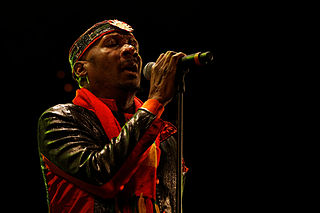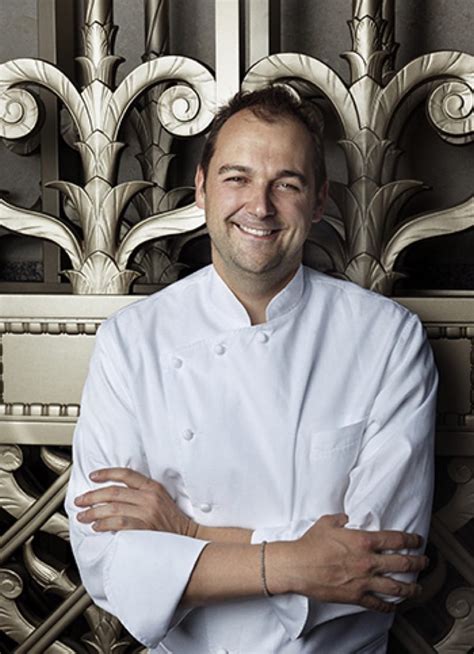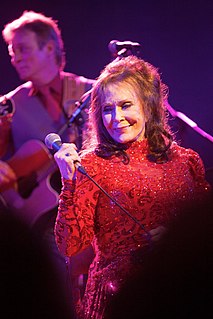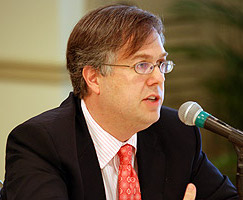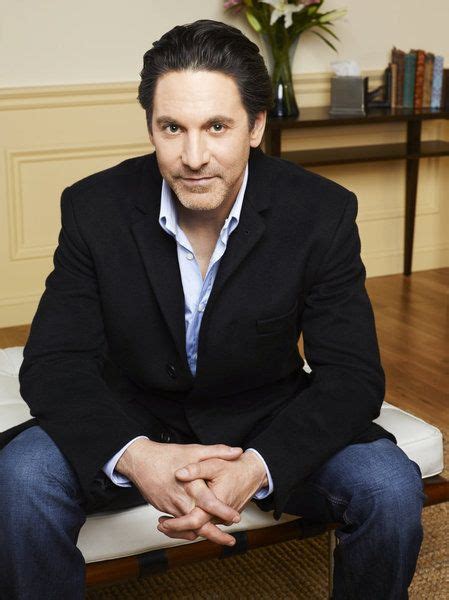A Quote by Jimmy Cliff
In the country, people are kind. In the city, people are hard an' cold, like the concrete and steel.
Related Quotes
I fell in love with New York. It was like every human being, like any relationship. When I was a young New Yorker, it was one city. When I was a grown man, it was another city. I worked with many dance organizations and many wonderful people. In the '90s, it became kind of a hard and unwelcoming city in many ways. It became conservative, like the whole country.
Listen to us rather than to Arkady Mamontov talking about us. Don't twist and distort everything we say. Let us enter into dialogue and contact with the country, which is ours too, not just Putin's and the Patriarch's. Like Solzhenitsyn, I believe that in the end, words will crush concrete. Solzhenitsyn wrote, "the word is more sincere than concrete, so words are not trifles. Once noble people mobilize, their words will crush concrete."
In Brazil, even inside the same city, people from different parts dress differently. Sao Paulo, for example, is more connected to global trends and urban movements. Rio de Janeiro is more influenced by the beach, and has a sort of Cali vibe with the way people dress. Porto Alegre down in the south has a hard winter, so people have to dress to face the cold days.
New York is just New York. It's a hard city, it's a hard city to live in. It's a desperate city. It's filled with scam artists and people who are always looking for a way in and a way out and the majority of people have to really negotiate their way through that jungle to get to the other side; the other side being a place of tranquility and peace and home and safety.
In the past things were either in your head (subjective, imaginary, fantasy) or else they were part of the outside world - cold, hard, concrete materialistic reality. If you want to look at it in terms of poetry, there was surrealism and objectivism. Now there's the veil of the virtual in between. The old opposition between inner and outer doesn't quite capture it, especially as it contains elements of both. It's real but not concrete.
We don't talk about that at all as a country. I think that most people assume that there's nothing they could do if a nuclear bomb went off in their city. And that's just not true. Most people would survive most terrorist nuclear attacks because the bombs would likely be much smaller than those we were dealing with in the Cold War.
